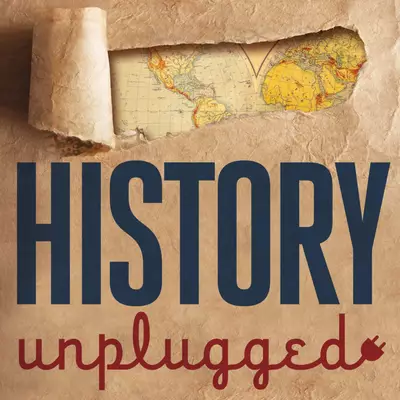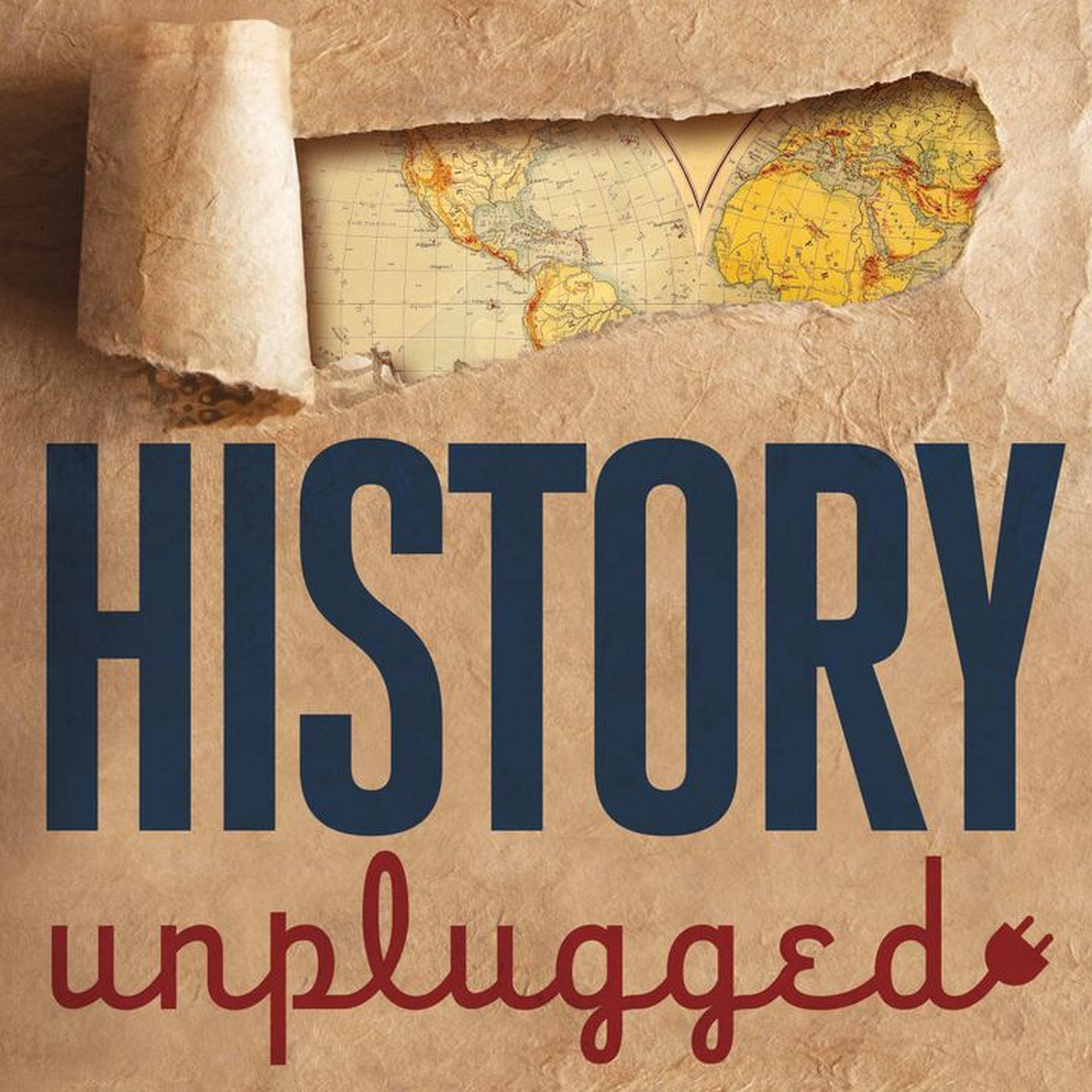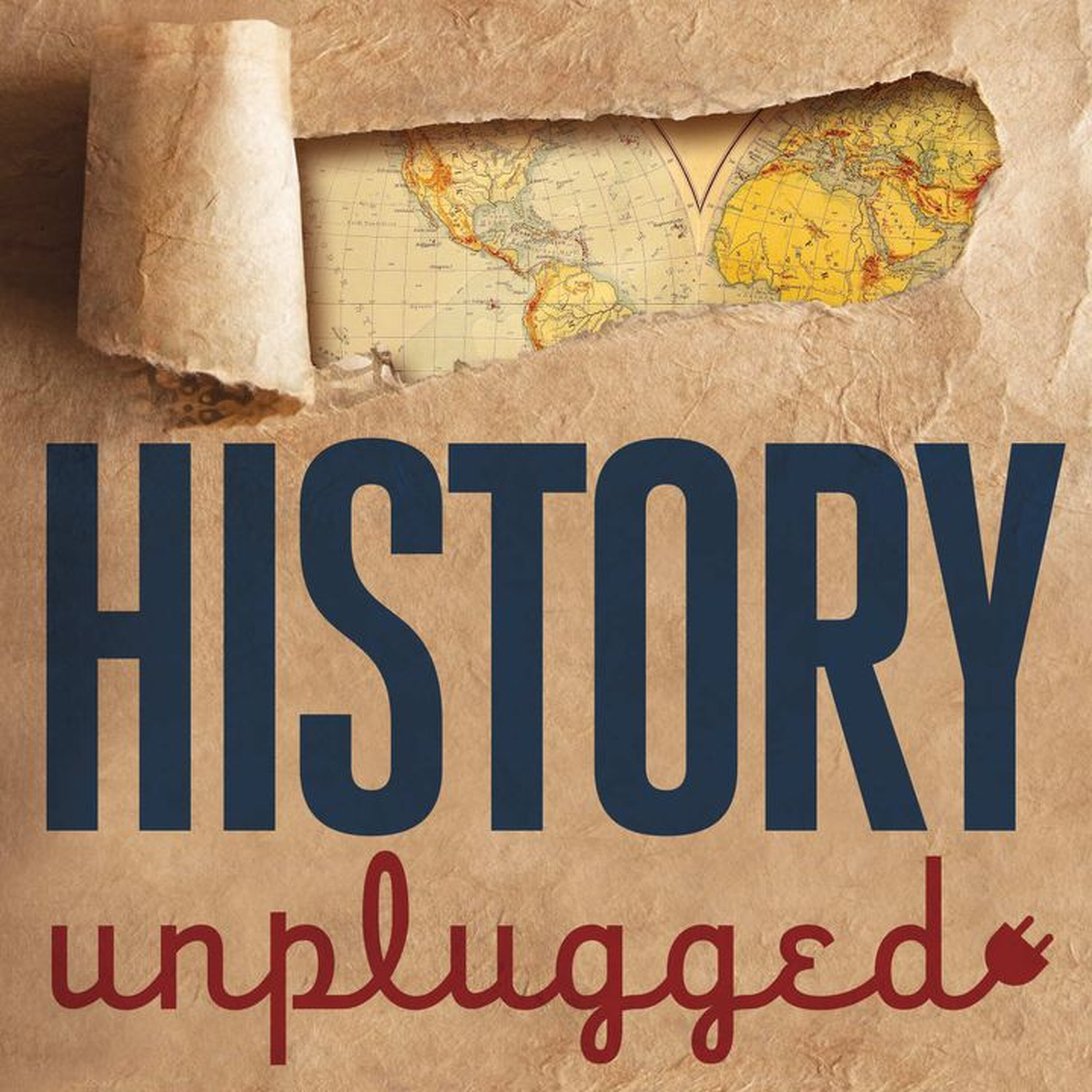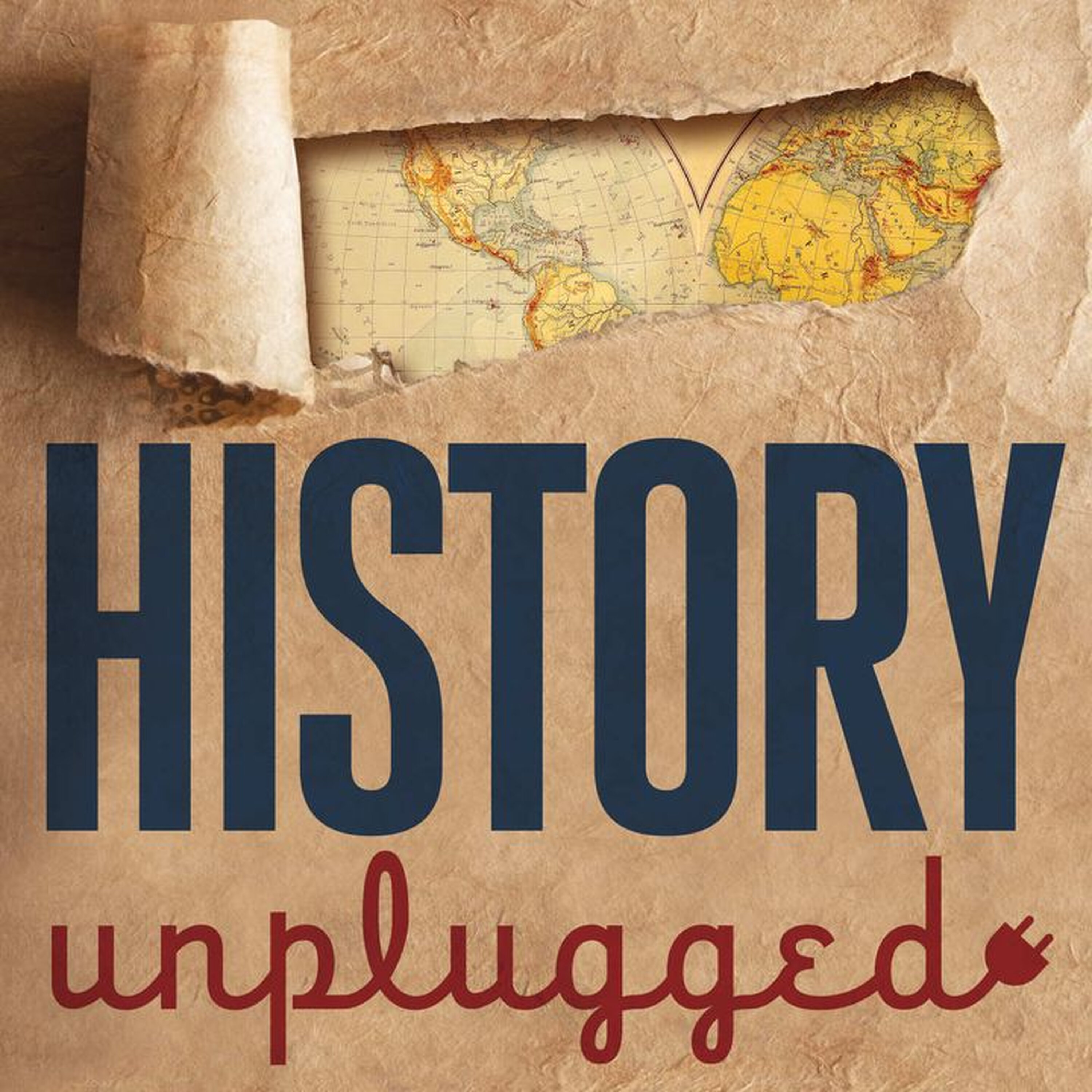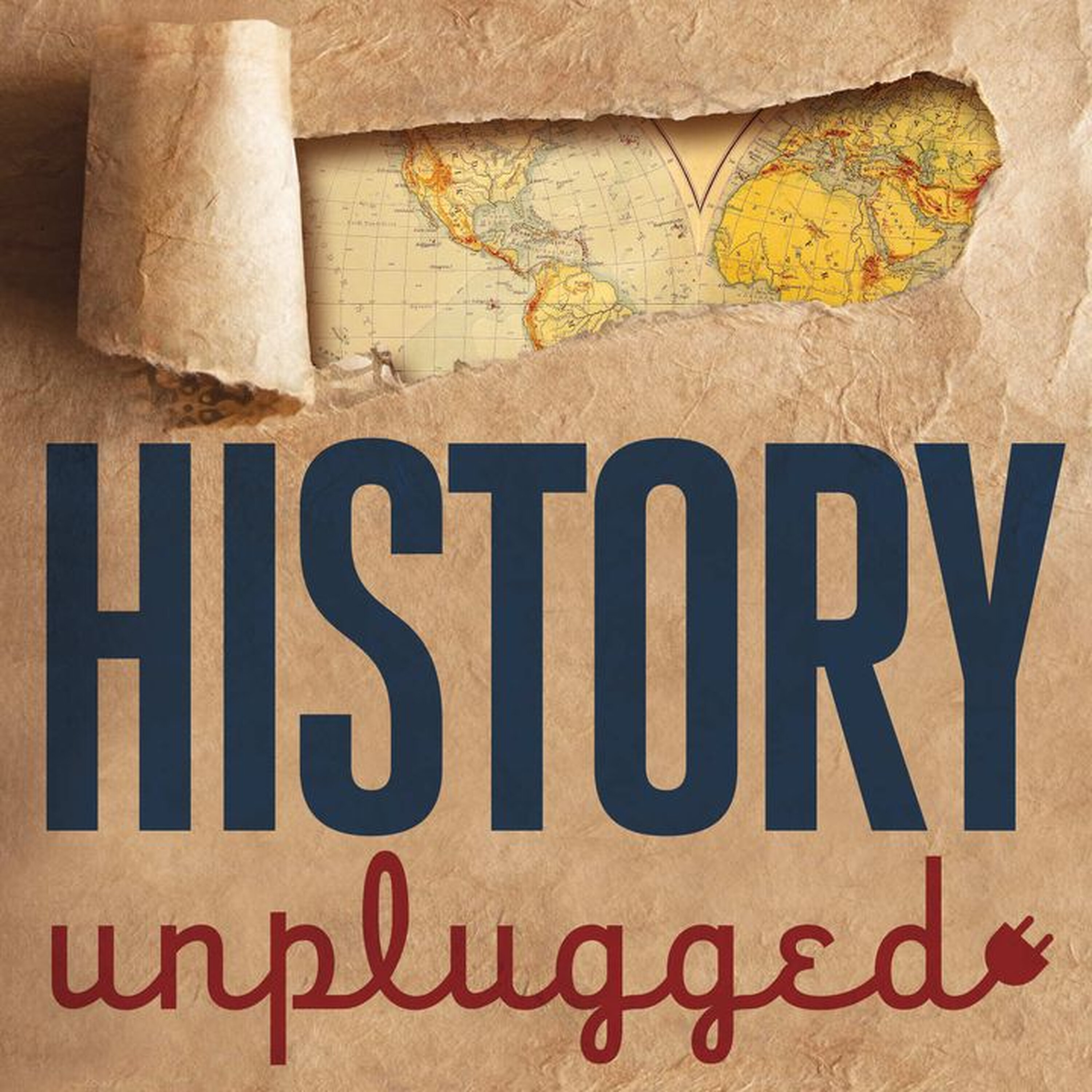Listen on Your Favorite App
History Unplugged Podcast
Scott Rank
For history lovers who listen to podcasts, History Unplugged is the most comprehensive show of its kind. It's the only show that dedicates episodes to both interviewing experts and answering questions from its audience. First, it features a call-in show where you can ask our resident historian (Scott Rank, PhD) absolutely anything (What was it like to be a Turkish sultan with four wives and twelve concubines? If you were sent back in time, how would you kill Hitler?). Second, it features long-form interviews with best-selling authors who have written about everything. Topics include gruff World War II generals who flew with airmen on bombing raids, a war horse who gained the rank of sergeant, and presidents who gave their best speeches while drunk.
Listen on Your Favorite App
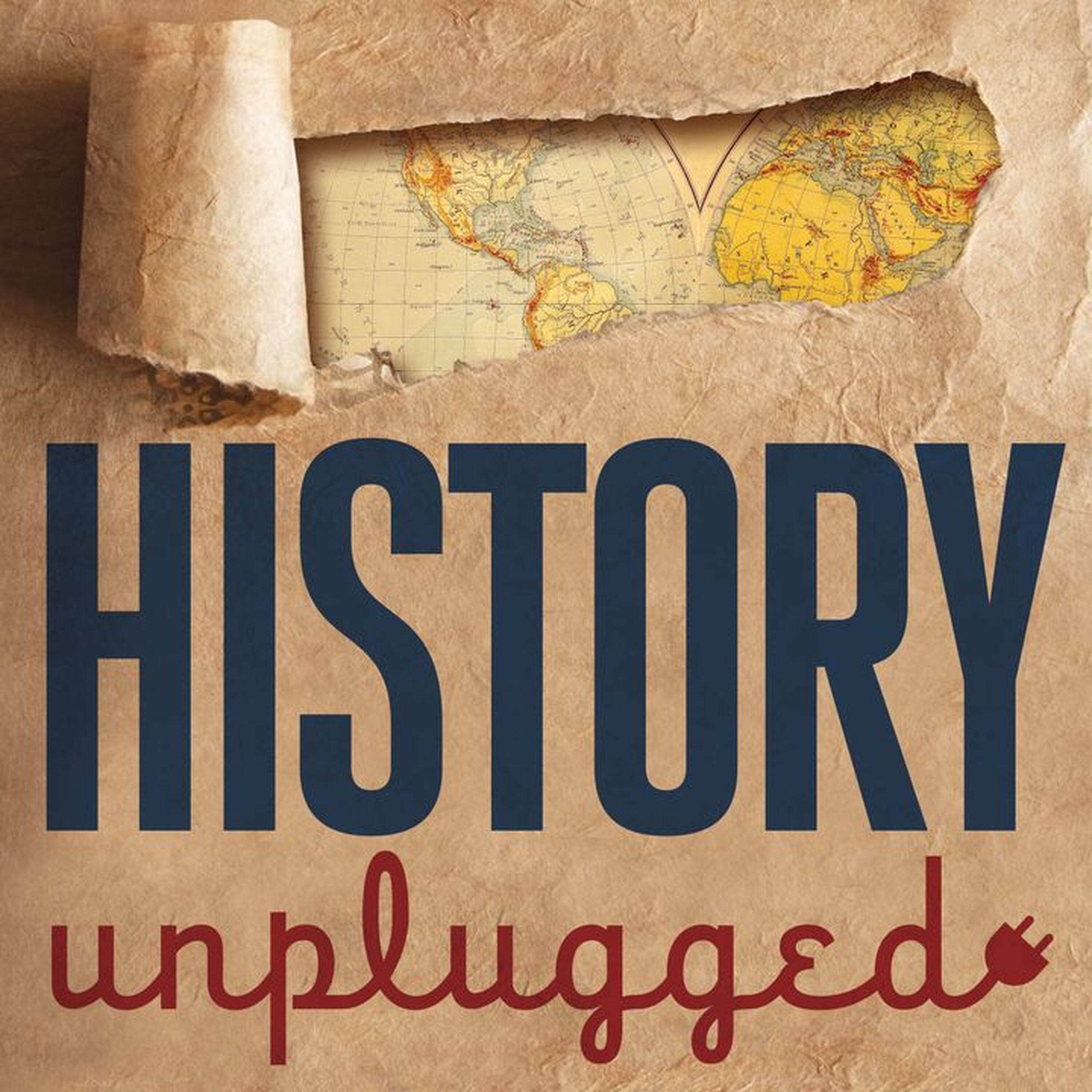
Reverse Ellis Island: American Migrants Who Fought for Mussolini and Built Stalin’s USSR
October 7, 2025 - 38 min
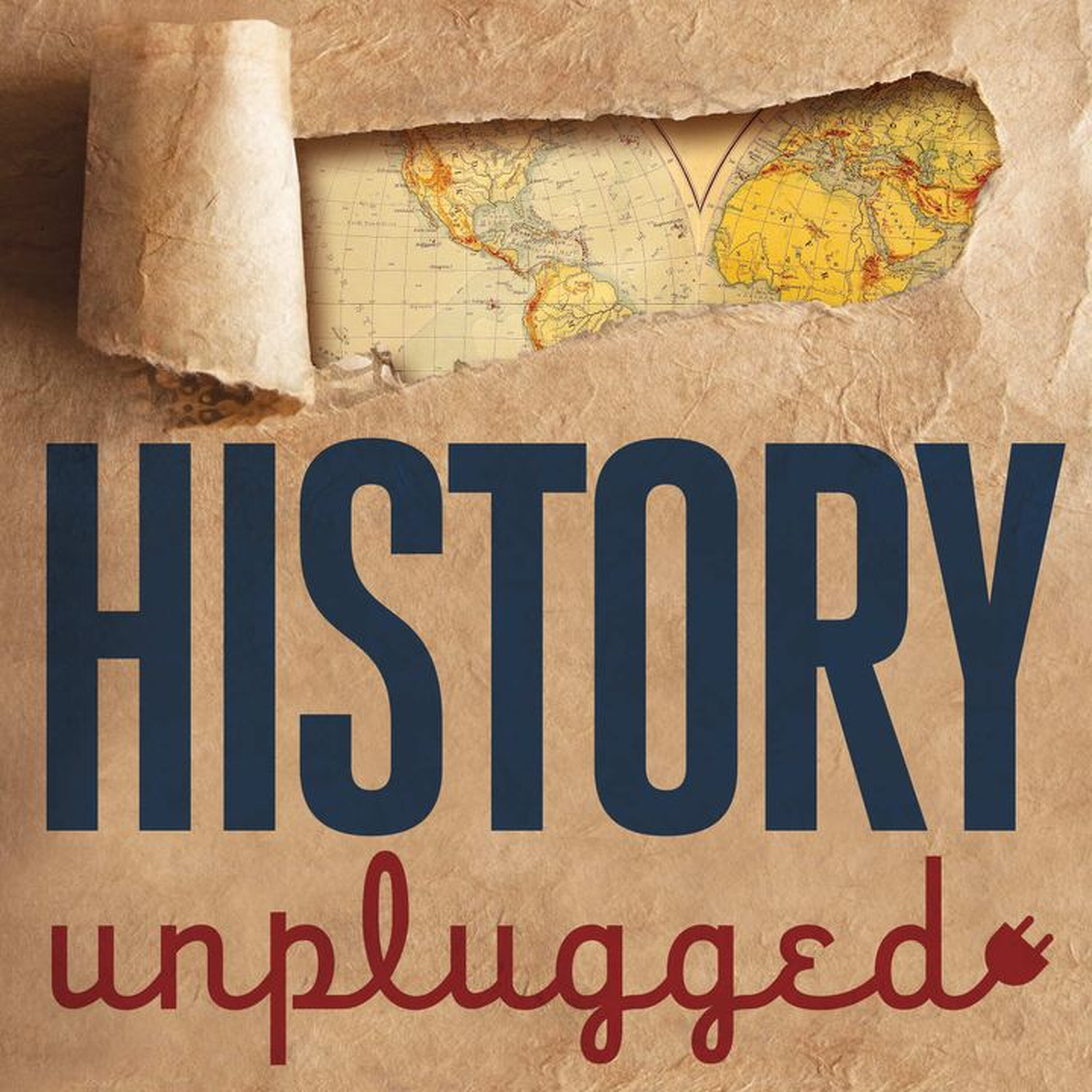
Don’t Use Rome as a Model of Why Societies Collapse; Use Crime Syndicates and Somalia Instead
October 2, 2025 - 49 min
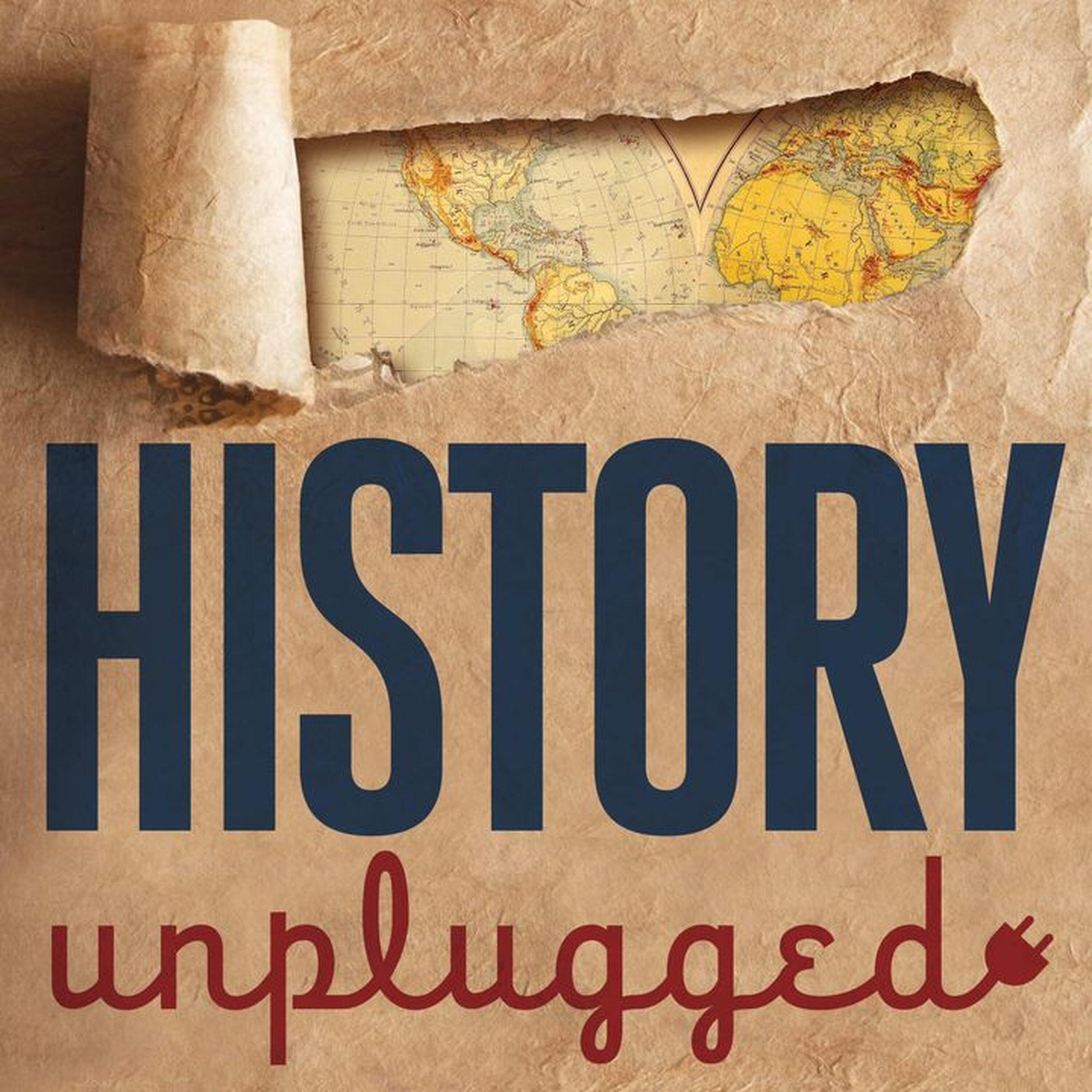
A Union General Found a Loophole in the Fugitive Slave Act, Causing 1 Million Slaves to Flee North
September 30, 2025 - 45 min
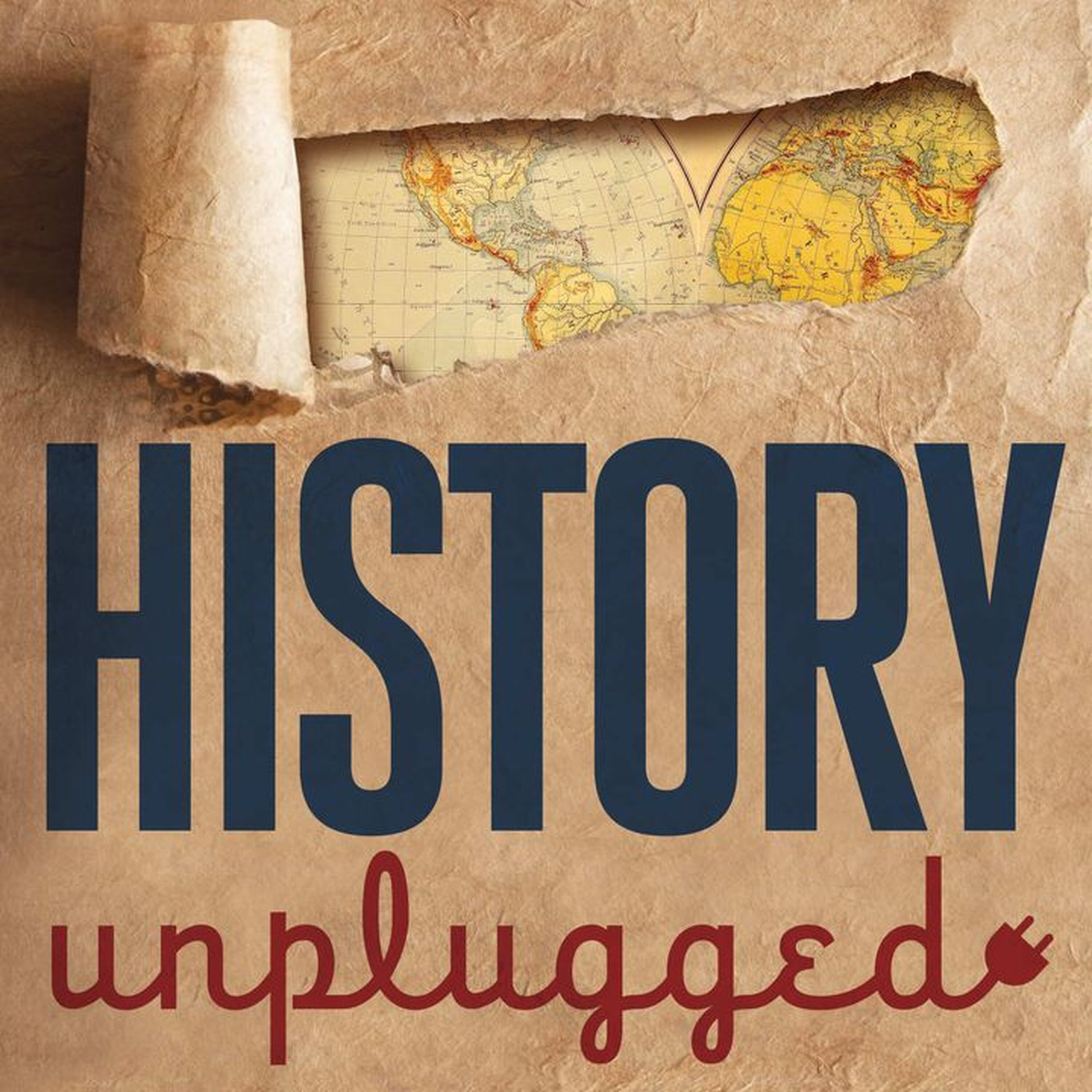
The Civil War’s Brutal Finale: A War of Attrition as Terrible as WW2-Pacific and the Napoleonic Wars
September 25, 2025 - 47 min
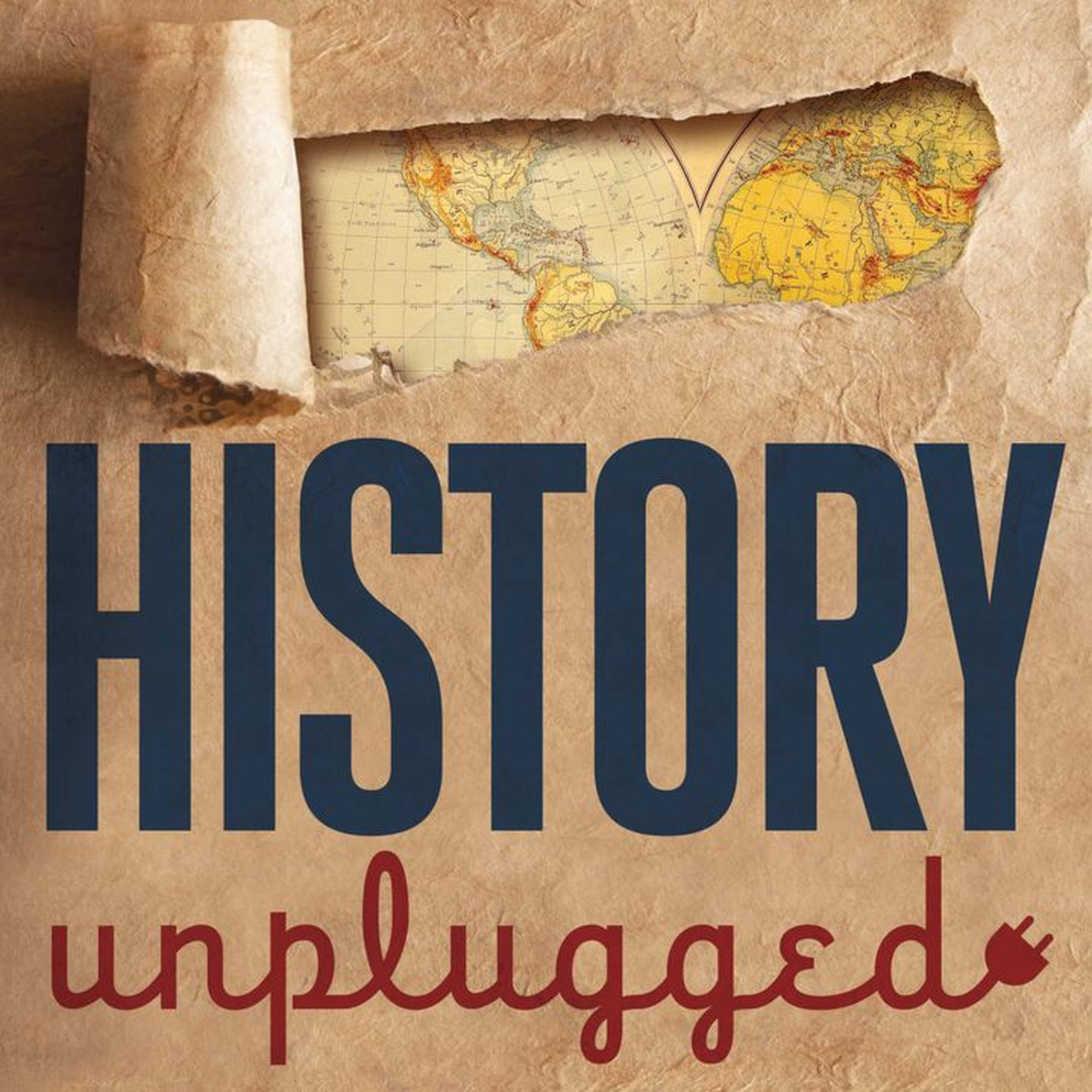
Camp David Looks Like a 1970s Lakeside Retreat. Why is it the Site of the World’s Biggest Political Summits?
September 23, 2025 - 41 min
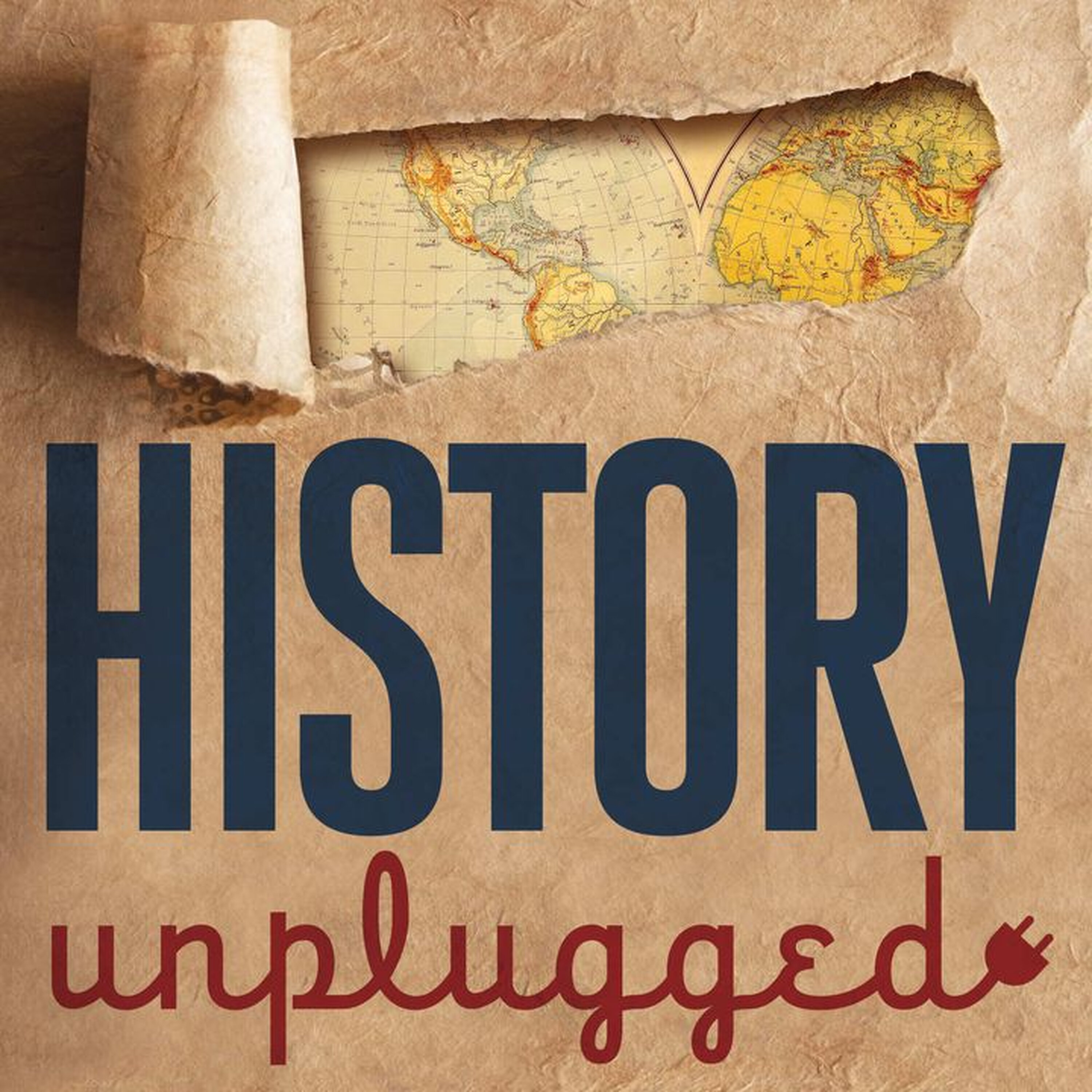
Over 200,000 Allied Troops Tried and Failed to Crush the Soviet Revolution After World War One
September 16, 2025 - 41 min
Meet Your Host

Scott Rank is the host of the History Unplugged Podcast and a PhD in history who specialized in the Ottoman Empire and modern Turkey. Before going down the academic route he worked as a journalist in Istanbul. He has written 12 history books on topics ranging from lost Bronze Age civilizations to the Age of Discovery. Some of his books include The Age of Illumination: Science, Technology, and Reason in the Middle Ages and History’s 9 Most Insane Rulers.. Learn more about him by going to scottrankphd.com.
